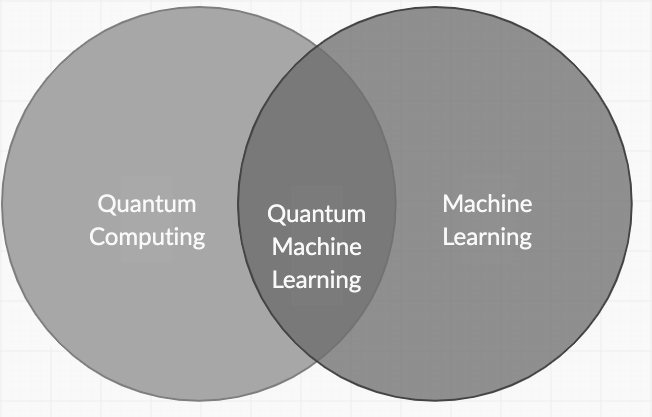Quantum machine learning is an emerging field that combines the principles of quantum mechanics and machine learning. It is a new approach to solving complex problems that are beyond the capabilities of classical computers. In this blog post, we will explore the basics of quantum machine learning and its potential applications.
Table of Contents
What is Quantum Machine Learning?
Quantum machine learning is based on the principles of quantum mechanics, which allows for the creation of quantum algorithms that can perform calculations in parallel. This means that quantum computers can solve problems that are impossible for classical computers to solve. The combination of quantum mechanics and machine learning allows for the development of more powerful and efficient algorithms that can process and analyze large amounts of data.

Quantum Computing vs. Classical Computing
Classical computing is based on bits, which can be either 0 or 1. Quantum computing, on the other hand, is based on qubits, which can be in multiple states at the same time. This allows quantum computers to perform multiple calculations simultaneously, which can greatly speed up the calculation of complex problems. Additionally, quantum computers can solve problems that are impossible for classical computers to solve, such as factoring large numbers.
Applications of Quantum Machine Learning
Quantum machine learning has the potential to revolutionize several industries, including chemistry, finance, healthcare, Industry, and transportation. In finance, quantum machine learning can be used to optimize portfolios and predict market trends. In healthcare, it can be used to analyze medical images and develop new drugs. In transportation, it can be used to optimize traffic flow and reduce congestion.
Challenges of Quantum Machine Learning
Despite its potential, there are several challenges to the development of quantum machine learning. One of the biggest challenges is the development of reliable and scalable hardware. Another challenge is the development of quantum algorithms that can take advantage of the power of quantum computing. Additionally, there is a shortage of skilled professionals who can develop and implement quantum machine learning algorithms.
Conclusion
Quantum machine learning is a rapidly growing field that has the potential to revolutionize several industries. While there are still several challenges to overcome, the potential benefits of quantum machine learning make it an exciting field to watch in the coming years. As quantum computing technology continues to advance, we can expect to see more applications of quantum machine learning in the near future.


